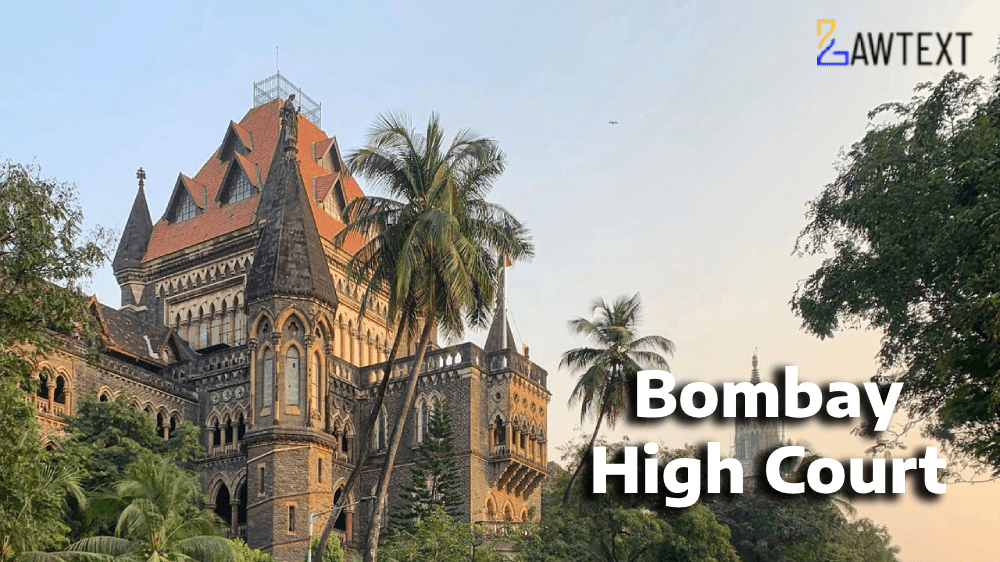Case Note & Summary
This appeal against a judgment from 21st February 2014, by the Additional Sessions Judge, Mumbai, which convicted the appellant of multiple offences, including murder, and sentenced him to life imprisonment. The appeal contests the conviction, arguing that the prosecution's case, which relies on circumstantial evidence, has several inconsistencies and lacks crucial corroborating evidence. After analyzing the evidence, the appellate court concludes that the prosecution failed to prove the case beyond reasonable doubt. Consequently, the appellant's conviction is overturned, and he is acquitted of all charges.
1. Background of the Appeal The appellant was convicted by the Additional Sessions Judge, Mumbai, for multiple offences under the Indian Penal Code (IPC). Sentences included life imprisonment and fines, with all sentences running concurrently. 2. Prosecution Case The appellant, along with an absconding co-accused, was accused of murdering Aarti Chabalani on 17th August 2011. The appellant allegedly drugged a servant, Devendra, before committing the murder and theft. 3. Investigation and Trial Police arrested the appellant and co-accused, collected witness statements, and filed charges. The case was committed to the Sessions Court for trial, where the appellant pleaded not guilty. Prosecution presented fifteen witnesses, including family members of the deceased and investigating officers. 4. Appellant’s Argument The defense argued the case was based on circumstantial evidence, which had several infirmities and did not form a conclusive chain of guilt. The defense contended the chemical analysis report did not support the prosecution's case. 5. Prosecution's Support of Conviction The prosecution maintained that the evidence supported the conviction and sentence. 6. Legal Principles on Circumstantial Evidence The judgment cites precedents establishing the need for a complete and conclusive chain of evidence in cases relying on circumstantial evidence (Hanumant vs State of Madhya Pradesh and Sharad Birdhichand Sarda v/s State of Maharashtra). 7. Analysis of Evidence Homicidal Death: The court acknowledged the homicide but questioned the appellant’s involvement. Last Seen Evidence: Relied on statements by the deceased’s husband and daughter, but the key witness, Devendra, was not examined. Recovery of Brass Pot: Doubts about the recovery process and the brass pot’s relevance due to lack of interpretable DNA evidence. Identification by Watchman: The watchman’s identification of the appellant had inconsistencies. Other Evidence: Lack of dog-squad report, fingerprint analysis, and timely medical examination of Devendra weakened the prosecution’s case. 8. Conclusion and Order The court found the prosecution failed to establish guilt beyond reasonable doubt. The appellant’s conviction was quashed, and he was acquitted and ordered to be released immediately. Fine amounts, if paid, were to be refunded. 9. Final Disposition The appeal was allowed, and all concerned parties were instructed to act on the authenticated copy of the judgment.
Issue of Consideration: Rajkumar @ Bheli Ramtirth Nishad Versus The State of Maharashtra Ors.
Premium Content
The Issue of Consideration is only available to subscribed members.
Subscribe Now to access critical case issues







